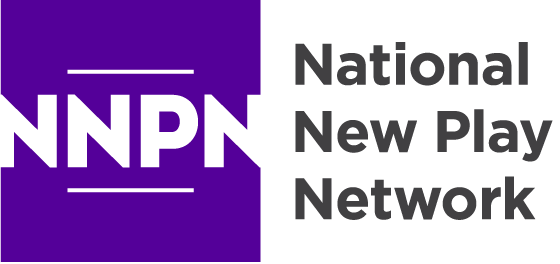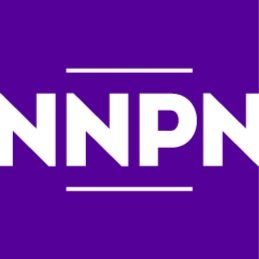On Democratizing Season Selection: New Play Evaluation
This piece is cross-posted from Thrown Stone's company blog, which you should absolutely check out here.
As a new-works company, Thrown Stone is always looking for ways to engage more people in the curatorial process. This spring, they found inspiration in a 2009 report from the UK on a commission of the New Economics Foundation by the Independent Theatre Council, the Society of London Theatres, and UK Theatre (née Theatrical Management Association). Titled, Capturing the Audience Experience: A Handbook for the Theatre, the report detailed a methodology for measuring “the impact of theatre on people’s well-being.”
NEF developed a model that measures an audience’s experience of a play across five dimensions: Engagement and Concentration, Learning and Challenge, Energy and Tension, Shared Experience and Atmosphere, and Personal Resonance and Emotional Connection. Each is measured in a questionnaire with a series of prompts that ask the audience to rate their experience on a simple scale. “As producers,” said Co-Artistic Director Jonathan Winn, “this structured data tells us half of what we need to know. The other half involves practical, social, and strategic considerations, and we were lucky to have another data structure already in use that we could rely on.”
Winn asked Thrown Stone Company Manager Pippa Walton to integrate data categories from the National New Play Network’s New Play Exchange — a database featuring more than 45,000 new plays — into the questionnaire, so the company could also track data on cast size, length, age-appropriateness, and production history — plus representation of race, culture, and sexual identity in a given play.
Walton also developed a series of questions about how well a play aligns with Thrown Stone’s mission, and how well it serves diverse audiences in Thrown Stone’s service area. Finally, a series of questions for readers was added that assessed the feasibility of production for each play.
The questionnaire was presented to Thrown Stone’s Suburbs creative team for feedback. Playwrights Tony Meneses, Phanésia Pharel, and Catherine Yu, and director Kholoud Sawaf recommended adjustments such as changing the emphasis on “personal resonance” to “empathy” — a distinction that places value on emotional connection, even when a play might tell stories outside of a reader or audience member’s personal experience.
The questionnaire was then beta-tested by Ridgefield High School interns Evelyn Carr and Liam Huff, as part of their assignment to read and evaluate a new play every day. With use, it became clear that different versions of the questionnaire were necessary for readers versus in-person audiences. Some sections only applied to certain kinds of plays. For instance, rating a tragedy on the basis of its comedy might not be fair, so the questionnaire makes clear which questions are intended for which kinds of plays. Overall, the modularity of the format and the adaptability of the questionnaire have allowed Thrown Stone to ingest meaningful and structured feedback on more than 30 new plays so far.
According to Winn, “The idea was always that — our primary roles as Artistic Directors is to select the season. But, we wanted to create avenues by which we could share that responsibility with all our stakeholders, from board members to interns; audience members to artistic associates.” Walton added that what started in Thrown Stone’s 2021 RHS intern program could be expanded across the country.
Walton and Winn presented an early draft of the questionnaire at a meeting of National New Play Network member companies. “NNPN is a group of theatres devoted to producing new plays. They’re the most innovative theatres across the country.” One particular concern rose to the surface: “Does quantitative analysis of new plays at scale lead to homogenization? Do we want only high-scoring plays to get produced?” Thrown Stone Marketing Intern Sara Jarrell was hopeful, “if it fulfills this particular theatre’s mission to serve a particular audience, companies’ offerings will always be different.” Nevertheless, the question of quantifying art is an ongoing one that Winn, Walton, and other contributors to and users of this evaluation methodology will continue to ask, as they work to read and give space to large volumes of new works, while also valuing each on its own artistic merits.
In addition to its dramaturgical value, Thrown Stone is also eager to use new play evaluation as a means of community engagement. “This way of evaluating new plays serves as a learning tool, a focusing tool, and a feedback tool,” said Walton, “community members will have the opportunity to try it out at The Suburbs Workshop.
“We want to measure so much more than whether the audience ‘liked’ it,” said Winn, “We want to know how these new works connect with our audience, challenge their perceptions, and catalyze conversation. We want the community to have a stake in these stories.”


